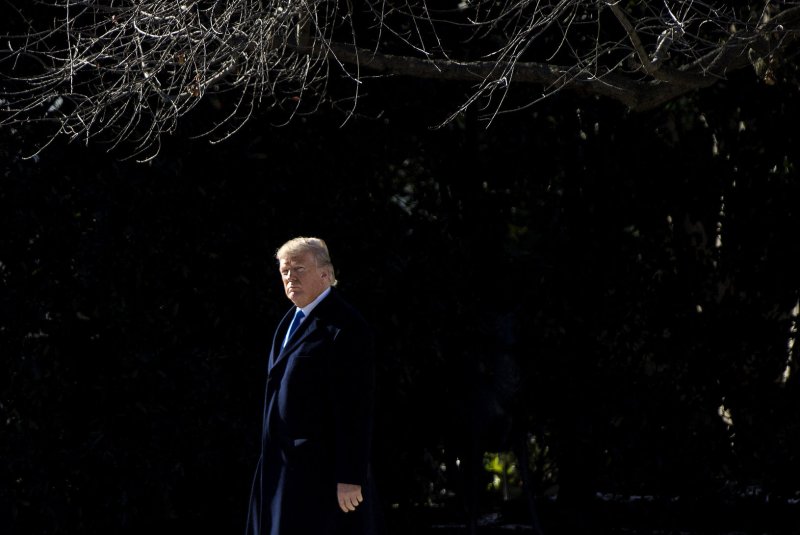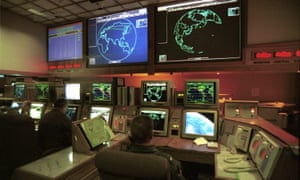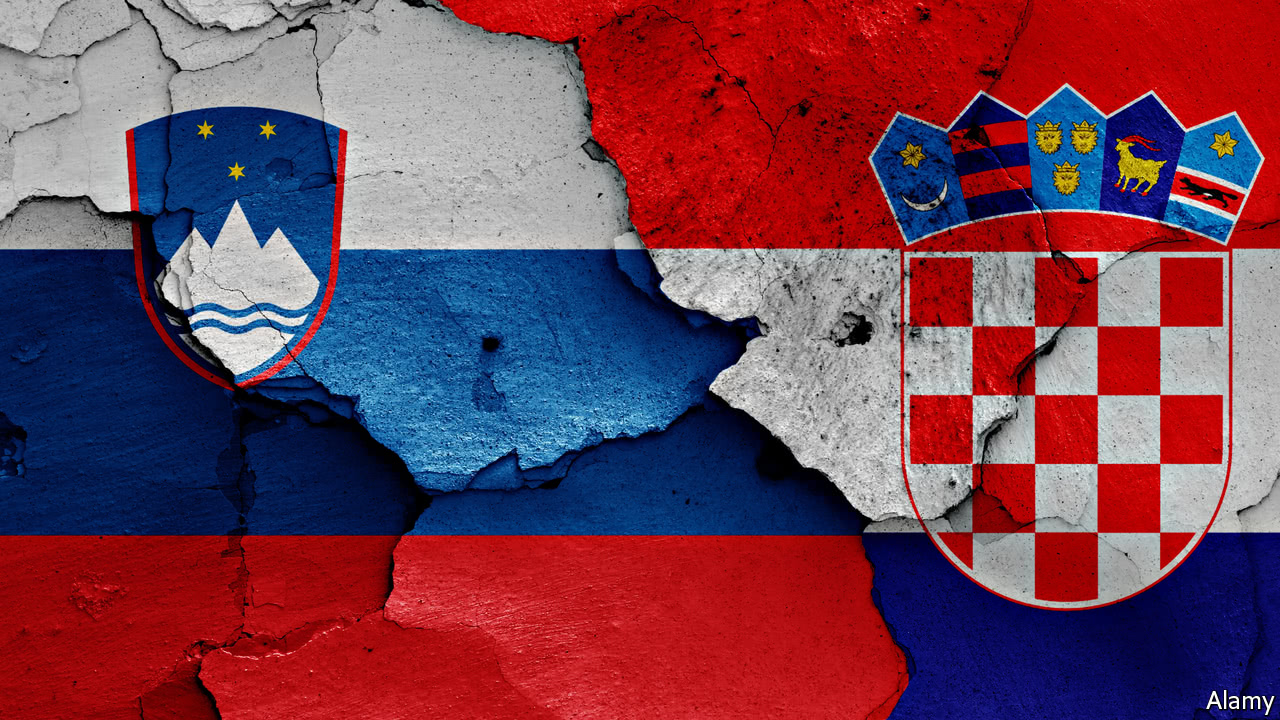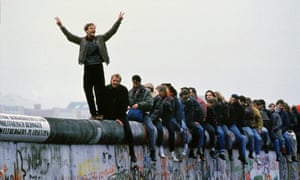The Indian Army’s Role in Nation Building
Part - I
- Maj Gen P K Mallick,VSM (Retd)
Introduction
"The Mauryan soldier does not himself the Royal treasuries enrich nor does he the Royal granaries fill… The soldier only and merely ensures that… He is thus the very basis and silent, barely visible cornerstone of our fame, culture, physical well-being and prosperity; in short, of the entire nation building activity.” - Chanakya, to the King of Magadh.
The Concept of Nation Building was originally used by American political scientists after World War II to describe the need for integration of the state and society as an inescapable step for national growth. Nation building referred to the efforts of newly independent nations, notably the nations of Asia and Africa, to reshape territories that had been carved out by colonial powers or Empires without regard to ethnic, religious, or other boundaries. These reformed states later on became viable and coherent national entities because of their nation building efforts aimed at establishing a national identity for themselves. This was needed to be deliberately constructed by moulding different ethnic groups into a nation, especially since in many newly established states colonial practices of divide and rule had resulted in ethnically heterogeneous populations.
Nation states are political units in an international system and they represent the citizens aspiration to be grouped in a single political unit that would in turn act as an instrument to achieve, life, liberty and pursuit of happiness. So the process of Nation Building by any nation aims at the unification of the people within the state so that it remains politically stable and viable in the long run.
The 21st century looks towards security, justice, economic development and a democratic polity as the pillars of nation building. Security comes first in the pecking order because the other three pillars function effectively only if the security threshold on the nation, both internal and external, remains intact. This in turn facilitates smooth functioning of democracy and brings in its wake social justice and economic development.
In India, democracy has managed to hold and the constitution as initially introduced continues to be sacrosanct. This has been facilitated, by no small measure, by the armed forces who have maintained, most scrupulously, the ideals enshrined in the constitution and have made a great contribution towards nourishment of democracy in the nation. The strength of the armed forces lies in their high standards of discipline and morale supported by a secular outlook and an apolitical demeanour. They have, in the highest spirit of nationalism, stepped forward to face all challenges posed to the nation and have been a pillar of support to the people who look up to them in times of crisis. The capability of the nation to maintain its most significant pillar of security, has contributed significantly to the progress that it has recorded post independence. The Army with their ingrained spirit of Nationhood can certainly play a significant role in fostering the spirit of ‘inclusive growth’ as enunciated by Government. The Army have been a symbol of unity and secularism through turbulent times faced by the country and have fostered the spirit of One-India, like no other organ of the state. Be it the sectarian clashes, terrorism or insurgency, the Army have maintained their ethos; an ethos that has proved to be a strong fabric for National Integration.
The Indian army has always devoted itself to being able to successfully carry out any of the roles that the elected government has allotted to it. The prime and major role is clear - defend the nation against its potential enemies. This per se is not a nation building function but it is the absolute pre requisite for nation building. To fulfill this primary role, the requirement is that the army are in readiness to defend the nation at all times. In a rapidly changing security matrix this role of the army needs to be further strengthened.
Stitching the Nation Together
The British followed the path of least resistance by leaving the status of 600 odd princely states within the union ambiguous and unsettled while announcing India’s Independence. It required the vision of India’s first Home Minister Sardar Patel to make these states accede to the Indian Union and turn the country into one cohesive whole. He used the soft power of the nascent state to request, persuade and cajole these states to become part of India. However, the benign presence of Indian Army was always there in the background as a symbol of hard power. Sardar Patel did not hesitate to use hard power of the Indian Army to those couple of states which did not see the logic and refused to accede to Indian Union. Indian Army spearheaded the effort to integrate Junagadh (1947), Hyderabad (Operation Polo, 1948), Goa (Operation Vijay, 1961) and Sikkim (1975) with the Indian Union. Army participated in the interventions in the Maldives and Sri Lanka at the behest of the governments of these countries. Without the intervention of Indian Army the geography of the country would have been totally different. Army’s role in nation building has been outstanding.
Indian Army has participated in peace-keeping operations and earned the gratitude of beleaguered people from Korea to the Congo, from Kampuchea to Bosnia-Herzegovina.
it was the Indian Army on which the nation relied to bring in a semblance of order in the mayhem and massacres of hundreds of thousands that took place during mass scale migration of people in Punjab and Bengal post the announcement of the Radcliffe award on partition of the country. The invasion of J&K by Pakistan aided, abetted and supported by razakars in 1947-48 was thwarted by the Indian Army despite a last minute entry when the attackers were knocking at the gates of Srinagar. Similar attempts by Pakistan in 1965, 1971 and 1999 met with the same fate, thanks to the heroic efforts of the Indian military. In fact, ignominious dismemberment of Pakistan and surrender of 90,000-93,000 Pakistani officers and men in 1971 added a glorious chapter to the history of the Indian Army and gave the Country something to be proud of. All these victories have been achieved by the military in service of the Nation through supreme sacrifices and at a tremendous cost to life and material itself.
Counter Insurgency Operations
Insurgencies in different parts of the Country have been a regular feature since the time we became Independent in 1947. Separatism, communalism, sectarianism, naxalism and Left Wing Extremism have been raising their ugly heads from time to time, striking at the roots of the very unity of the Country. Externally abetted proxy wars like the current one in J&K are a constant attempt to undermine the integrity of the Country. Despite heavy odds, it is the Indian military which has kept the concept of One India alive. In tackling these insurgencies and fighting proxy wars, it has suffered more casualties than it did during the entire Second World War. In fact, the Indian state has always used the Army as an instrument of last resort when all other means have failed. It is to the credit of the Army that it has invariably delivered in all difficult situations. Our countrymen recognise this contribution and therefore have tremendous respect and admiration for the military. Not many countries can boast of many successful counter insurgency operations like India have in Mizoram and other North Eastern states and Punjab. Some other operations are well under control.







/arc-anglerfish-arc2-prod-mco.s3.amazonaws.com/public/2J4C47ZQHRBXJB4AT5YNYUF5CY.jpg)
